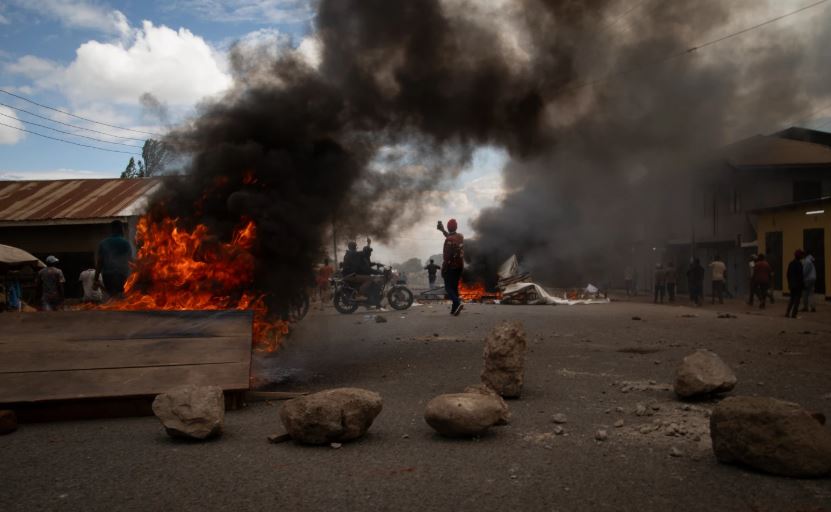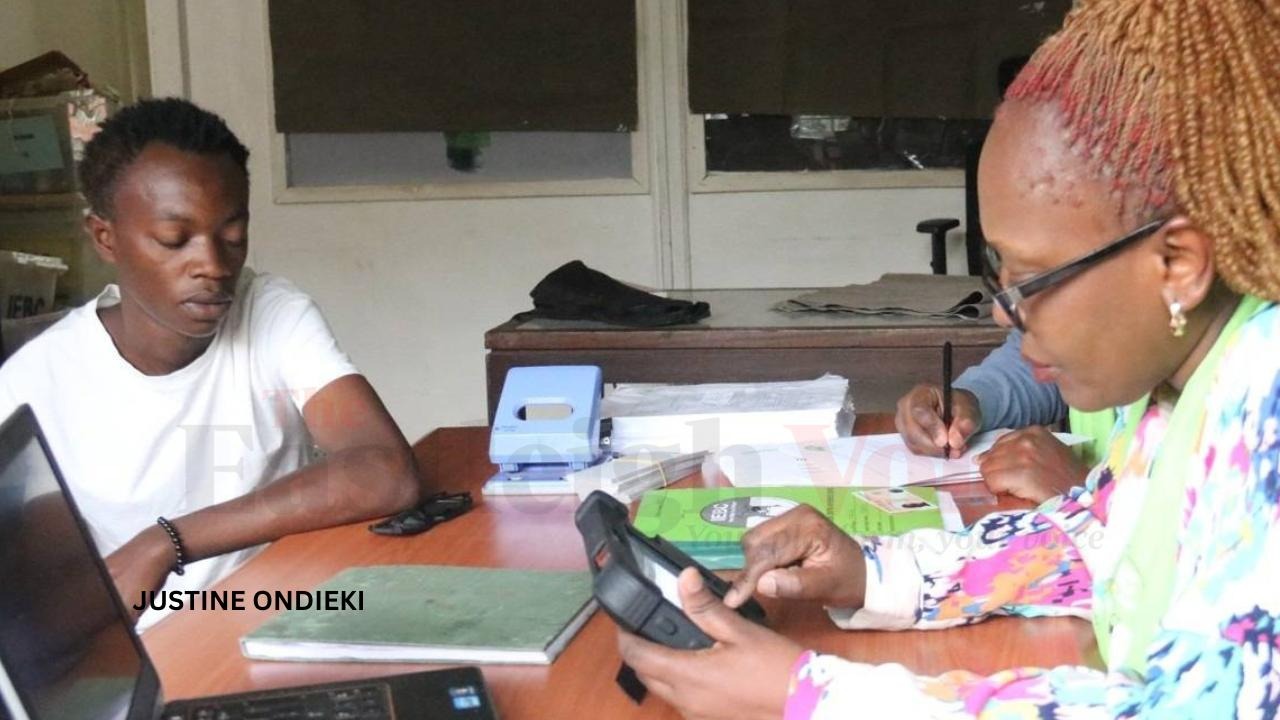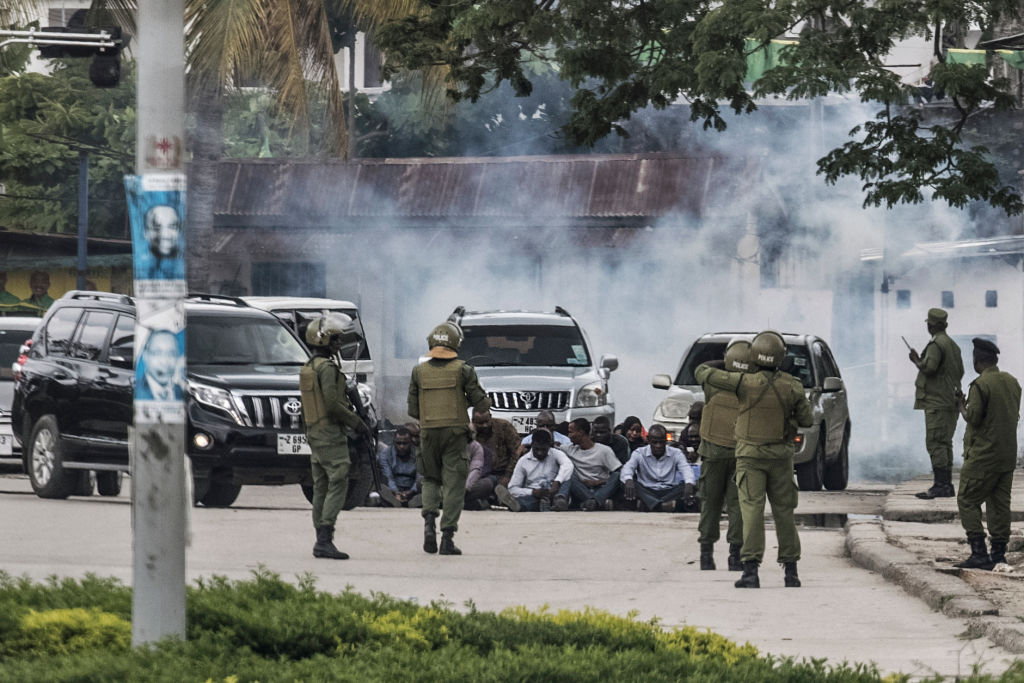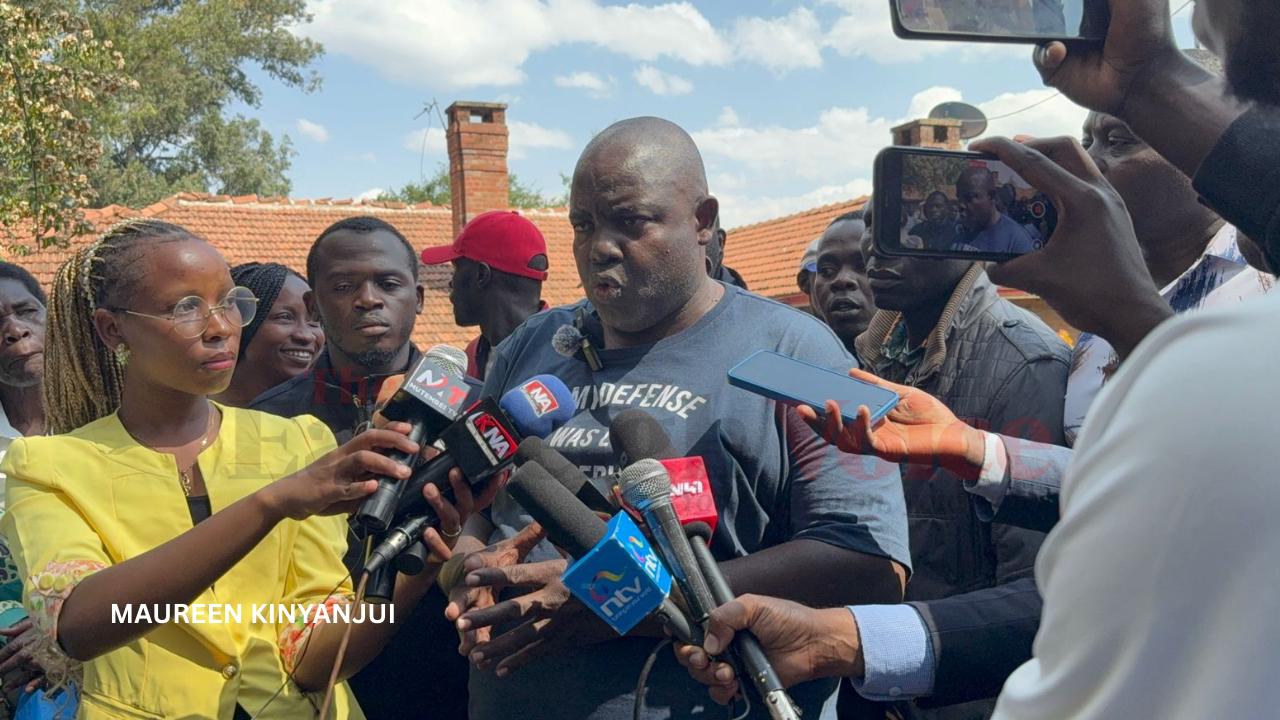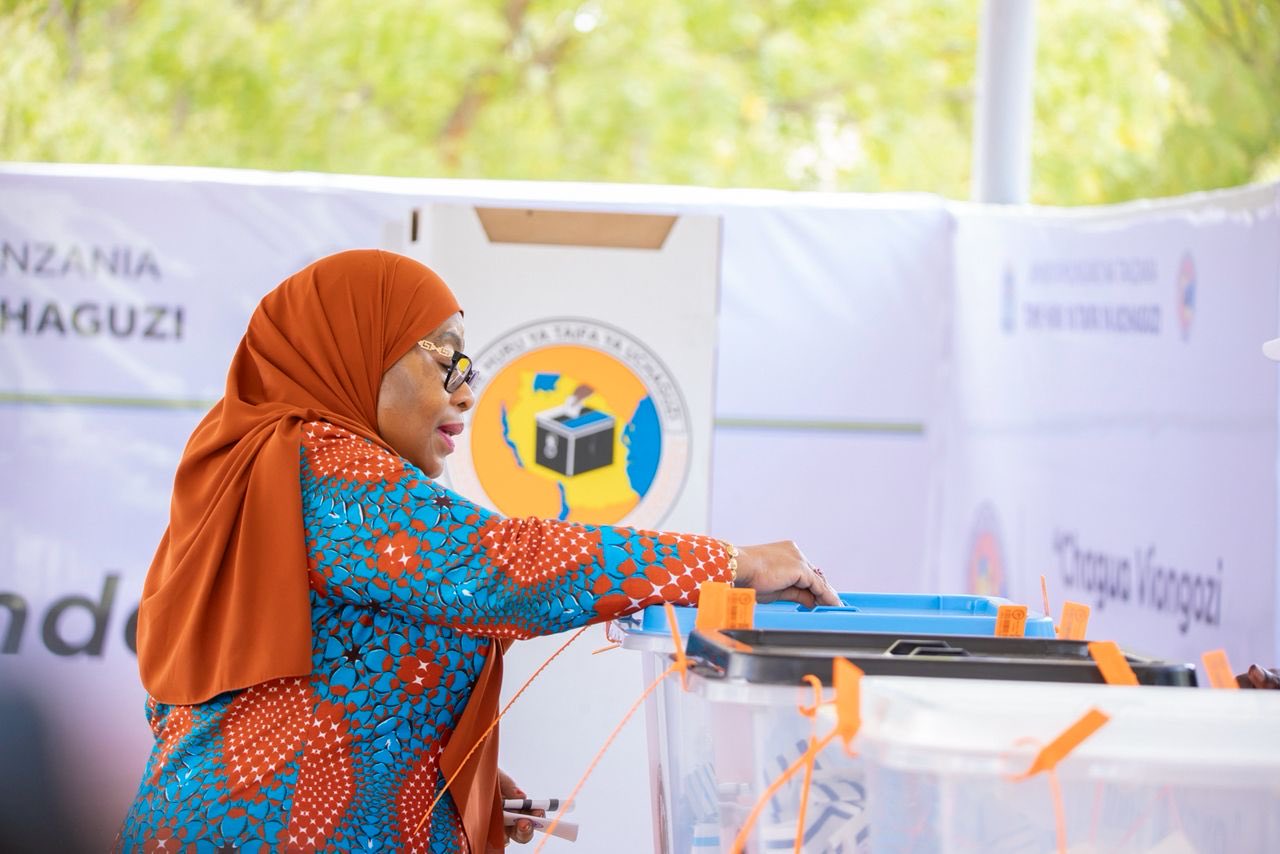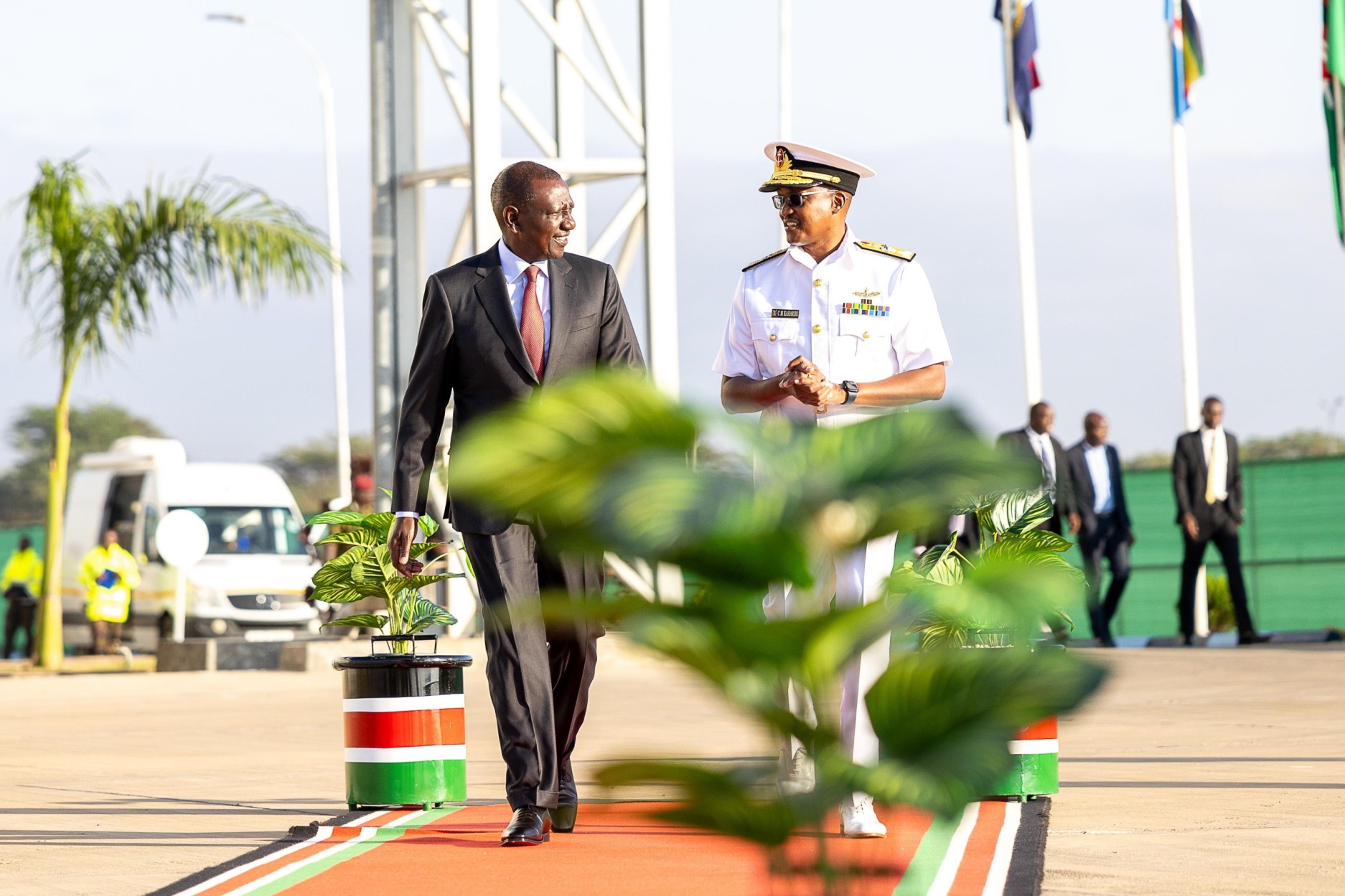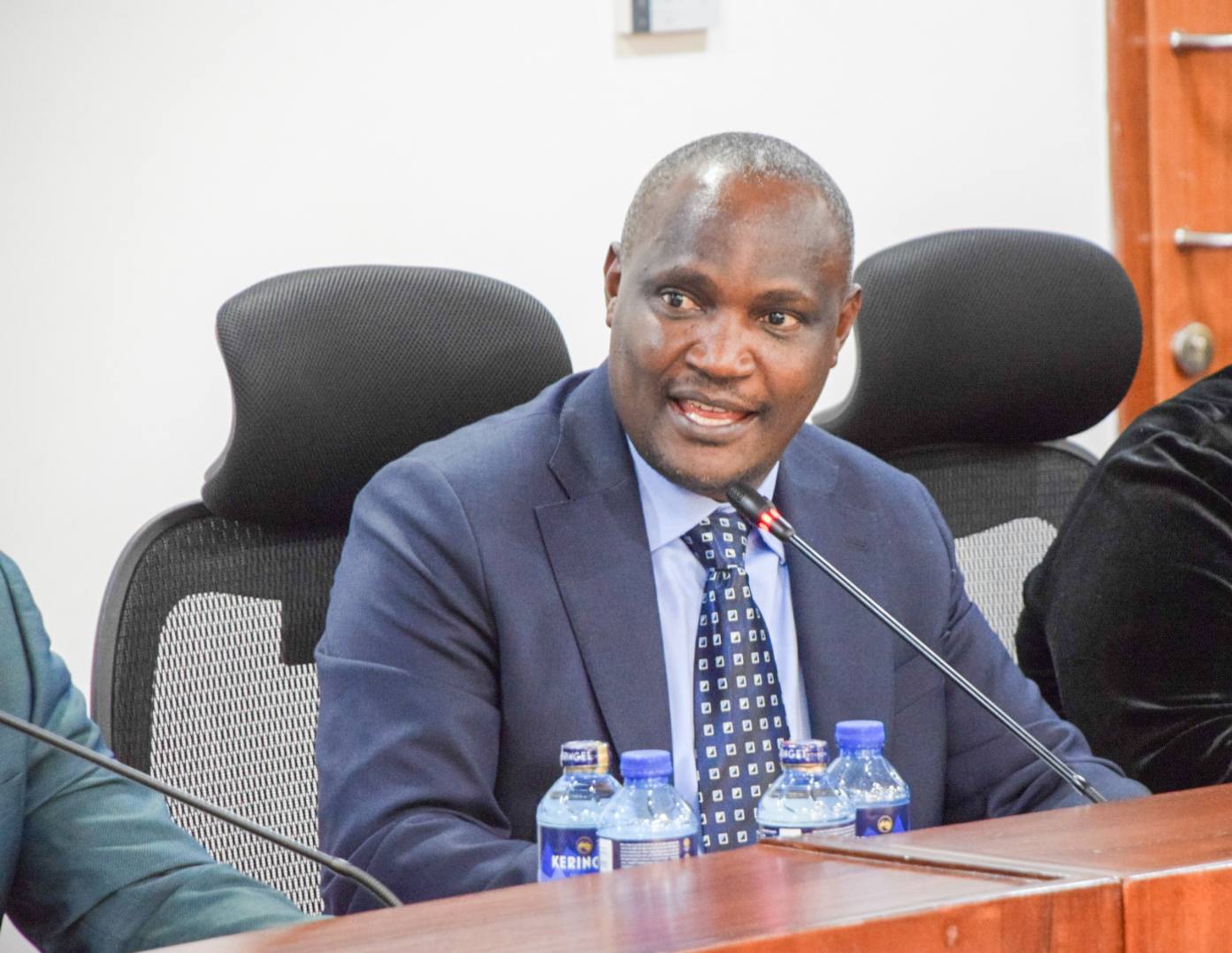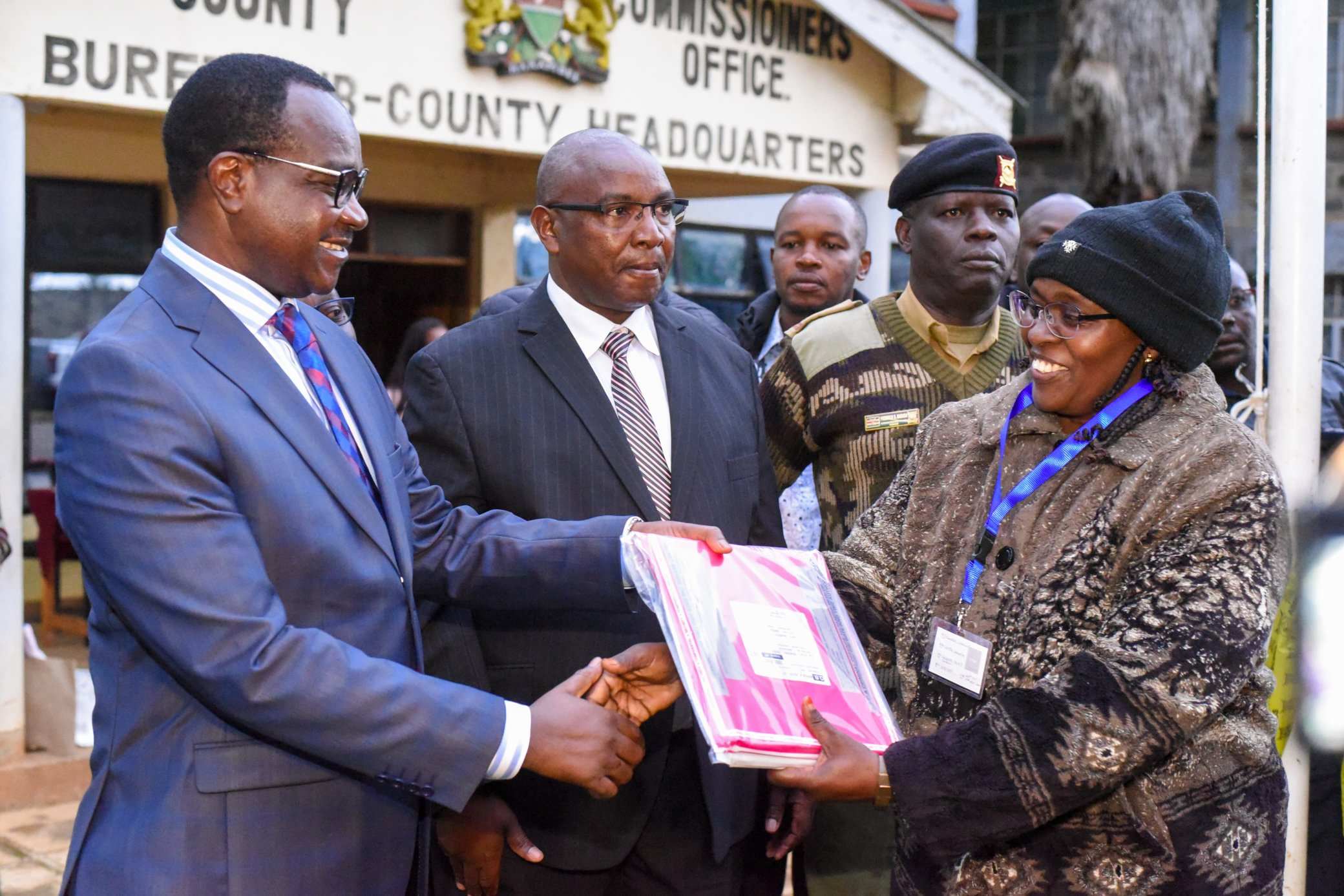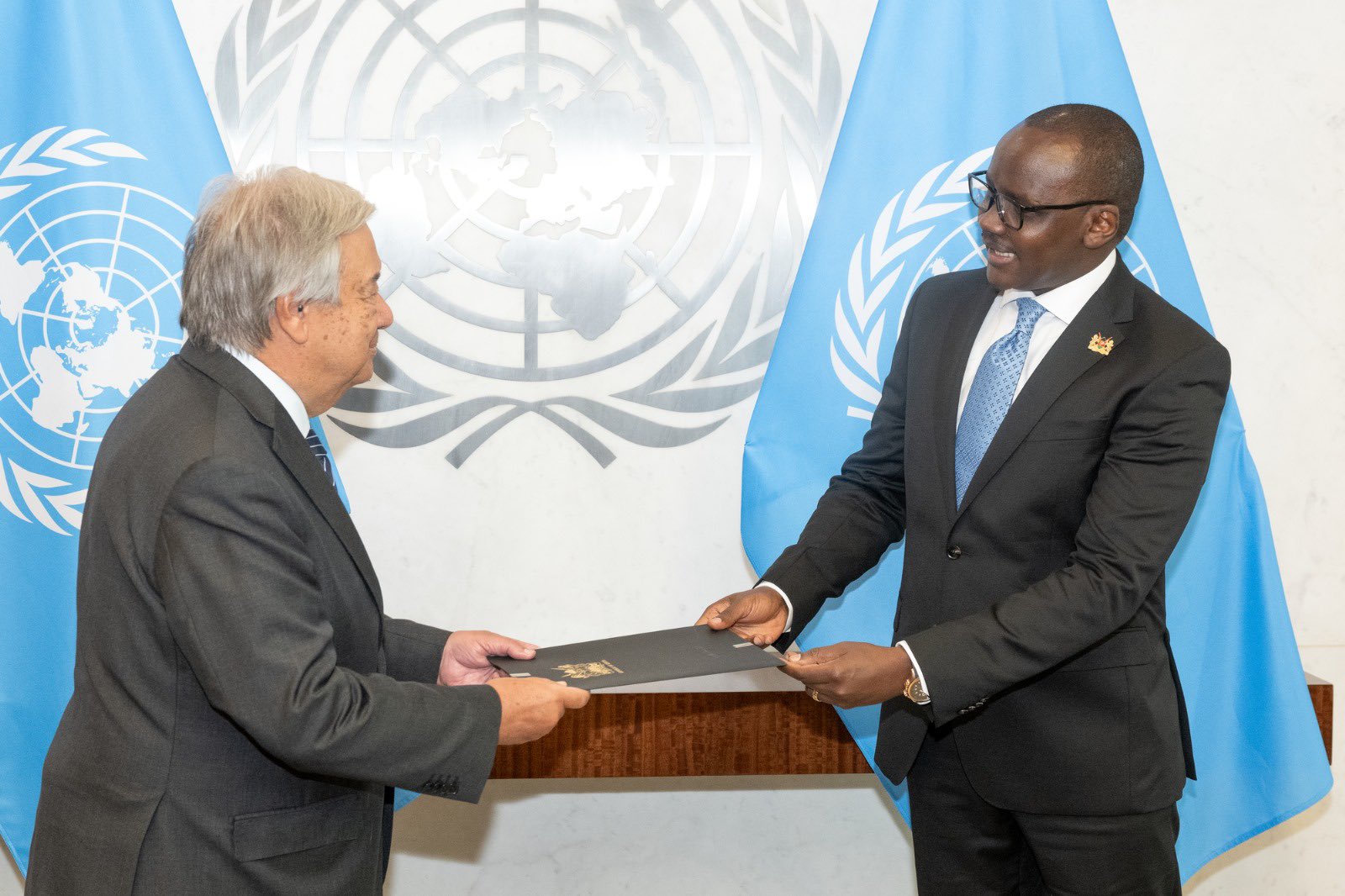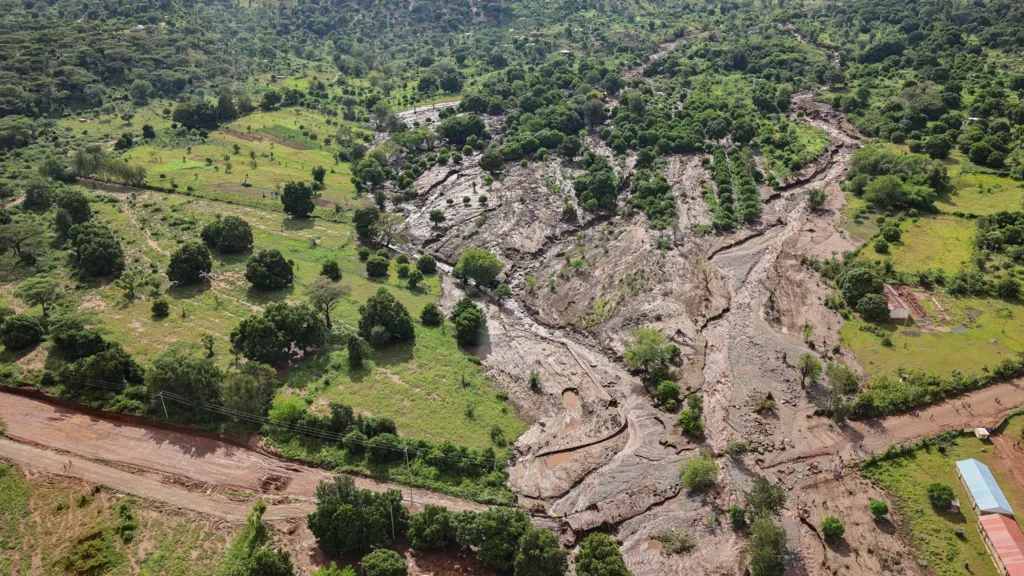Neglected healthcare: Women in Lamu remote villages struggle with pregnancy, childbirth
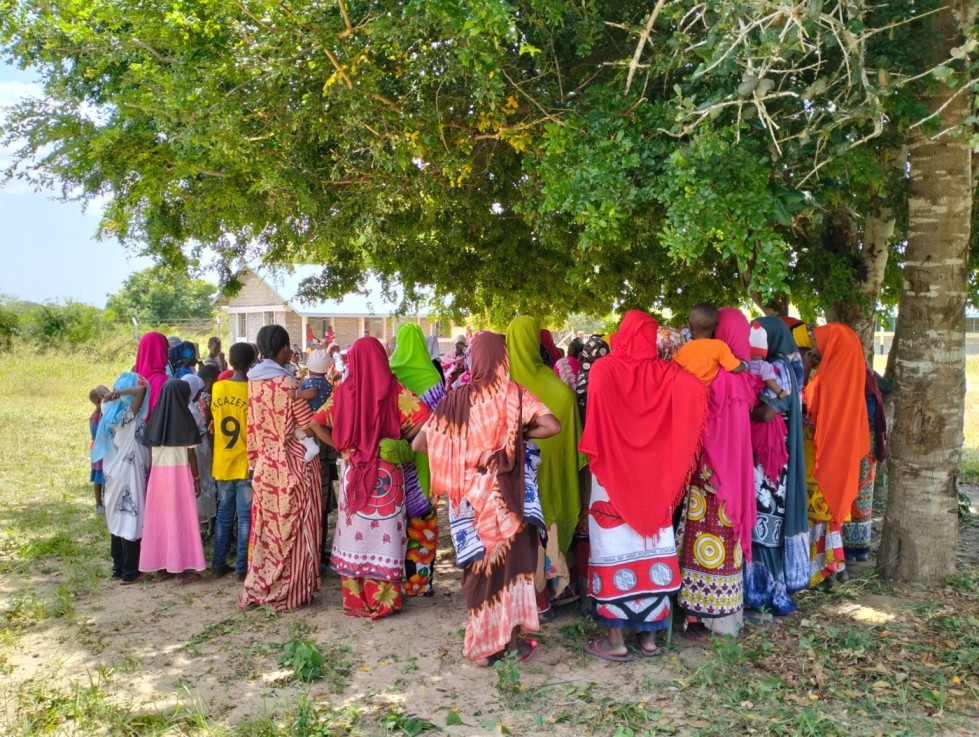
Sick children and hungry mothers struggle with inadequate health services, facing severe hardships and life-threatening conditions.
Lamu County is known for its stunning islands that draw international tourists willing to pay hefty sums for the experience. However, beneath this scenic beauty lies a harsh reality for many residents.
Sick children and hungry mothers struggle with inadequate health services, facing severe hardships and life-threatening conditions. In the scorching heat of the Boni Forest, it’s evident that many of the children are malnourished—small for their age, with dry, flaky skin and sombre expressions.
More To Read
- New study reveals why young mothers in Kenya are at higher risk of preterm births
- Wajir doctors to get promotions, training opportunities in new deal with county
- AI in Africa: Five issues that must be tackled for digital equality
- Turkana moves to safeguard health with bold One Health Bill
- Stakeholders decry gaps in cancer care under Social Health Insurance
- Genetic tests for cancer can give uncertain results: new science is making the picture clearer to guide treatment
The ongoing drought has made it even harder for mothers to find food.
Nothing has changed despite repeated pleas from residents to reopen or equip local health centres. They’ve been left to fend for themselves.
The worst-hit areas include the terror-prone Boni Forest and villages along the Lamu-Somalia border, such as Kiunga, Madina, Ishakani, Pandanguo, Manda Island, and Shee Mgambo.
In Boni Forest, the villages of Mararani, Milimani, and Basuba have been without health services since 2014, when their dispensaries were shut down due to frequent terrorist attacks by Al-Shabaab militants. Only Kiangwe and Mangai dispensaries remain open, with Mangai reopening recently.
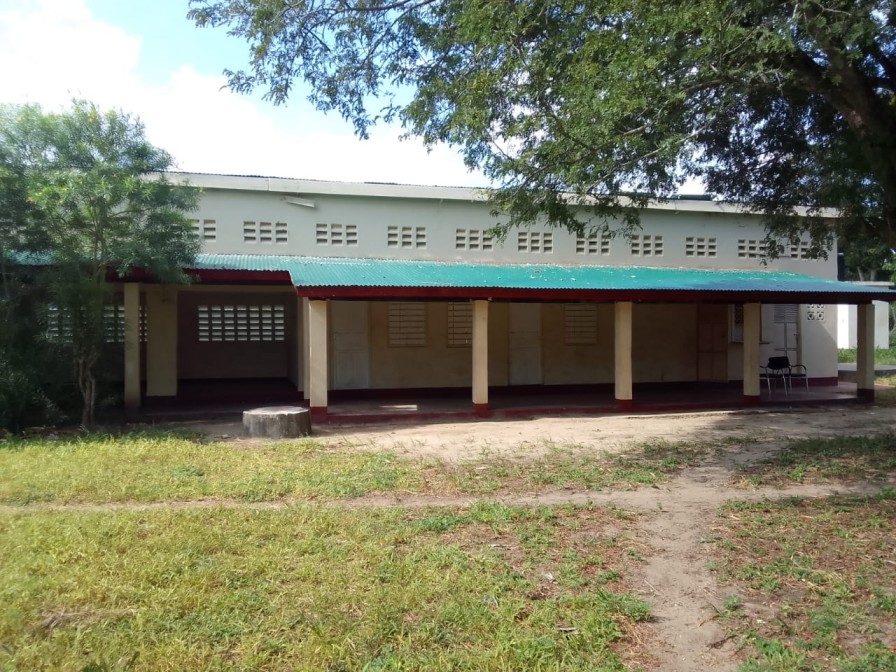 The recently reopened Mangai Dispensary in Boni Forest. (Photo: Farhiya Hussein)
The recently reopened Mangai Dispensary in Boni Forest. (Photo: Farhiya Hussein)The recently reopened Mangai Dispensary in Boni Forest. (Photo: Farhiya Hussein)
In these remote areas, pregnant women often have no choice but to deliver at home with the help of traditional birth attendants. Sadly, some women and their newborns have lost their lives due to these dire conditions.
Khadija Athman recalls losing her sister in 2022. She died after giving birth in their rural village of Basuba, deep within Boni Forest. Athman explains that her sister suffered from postpartum haemorrhage, but with the nearest dispensary in Kiangwe over 22 kilometres away, they had to rely on a traditional birth attendant. Tragically, her sister couldn’t make it in time for proper medical care.
“She tried to give birth at home. Unfortunately, the traditional birth attendant did not handle the birth appropriately, and the death could have been avoided if my sister had access to quality maternal health services in a hospital,” said Athman.
Halima Gubo, a resident of Mararani, explained that many locals can't afford the over Sh4,000 required to hire a motorbike to reach the Kiangwe dispensary for treatment.
“Mararani to Kiangwe, where a dispensary is in operation, is very far. It’s around 55 kilometres. Hiring a motorcycle will cost you Sh2,100 and the same amount back. We’re a poor community, and we can’t shield those costs. That’s why we opt to deliver at home no matter the risks to our lives,” said Gubo.
Abdallah Sharif urged the devolved government to establish and equip dispensaries in every village, making health services more accessible to residents.
He questioned why, despite the reopening of the newly built dispensary in Mangai village, the government had not sent doctors or provided the necessary drugs to support the Boni community.
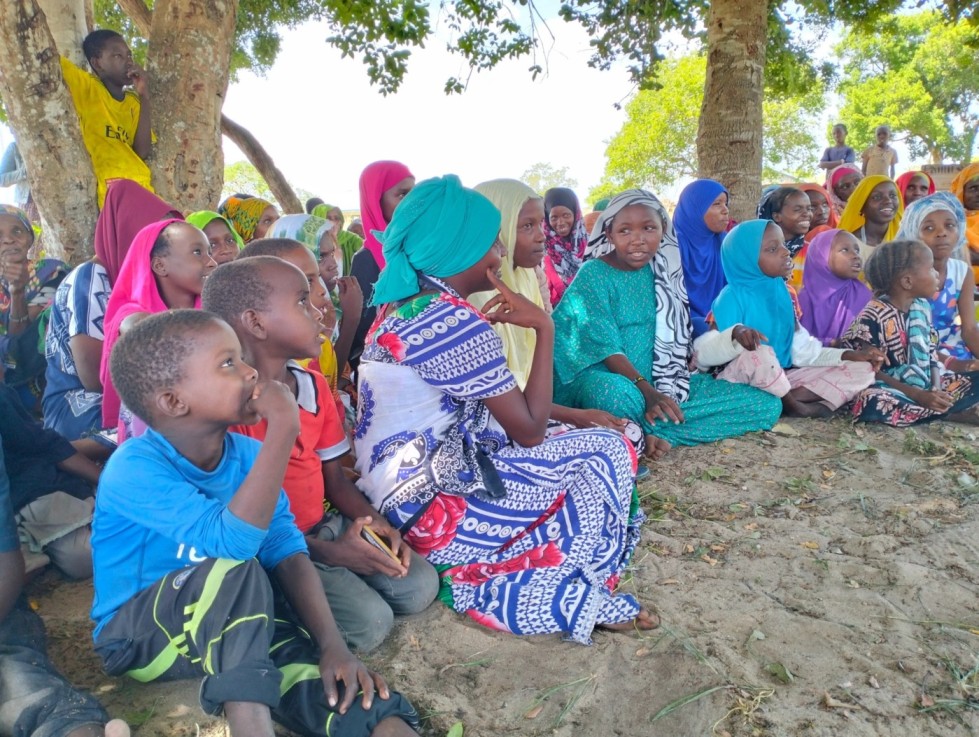 Women and children in Boni Forest. (Photo: Farhiya Hussein)
Women and children in Boni Forest. (Photo: Farhiya Hussein)
“We have a newly constructed and opened health centre at Mangai, which has been left almost idle due to inadequate drugs and the personnel to run it. Let the county government, under our governor, Issa Timamy, send enough doctors and nurses here to serve us. Let the facility be equipped with all sorts of drugs to help us get access to treatment here. We’re tired of living without health checkups,” said Sharif.
Women and children are also experiencing a similar fate at Ishakani Village, on the border of Kenya and Somalia—no hospital services.
The only available Ishakani dispensary has no drugs.
Mothers interviewed by The Eastleigh Voice said they are forced to live without antenatal and postnatal care.
In Manda Island, residents urged the local government to establish a fully-fledged hospital, at least a level two one in the area, to save women and children from the suffering they have always been subjected to.
Manda Island has a population of over 5000, but only one poorly equipped Manda Airport dispensary exists.
“The dispensary has no drugs and no personnel. The dispensary operates for a limited number of hours during the day. There are no services available on weekends and public holidays. In this place, we need a fully-fledged and equipped hospital. The population here is growing steadfast,” said Ben Ojuok, a community health volunteer in Manda-Maweni Village.
Residents in Pandanguo are lamenting the poor roads that have impeded their access to maternal and health services.
The village, with over 3000 residents, relies on Witu Health Centre, which is about 21 kilometres from Pandanguo, during times of emergency, including delivery.
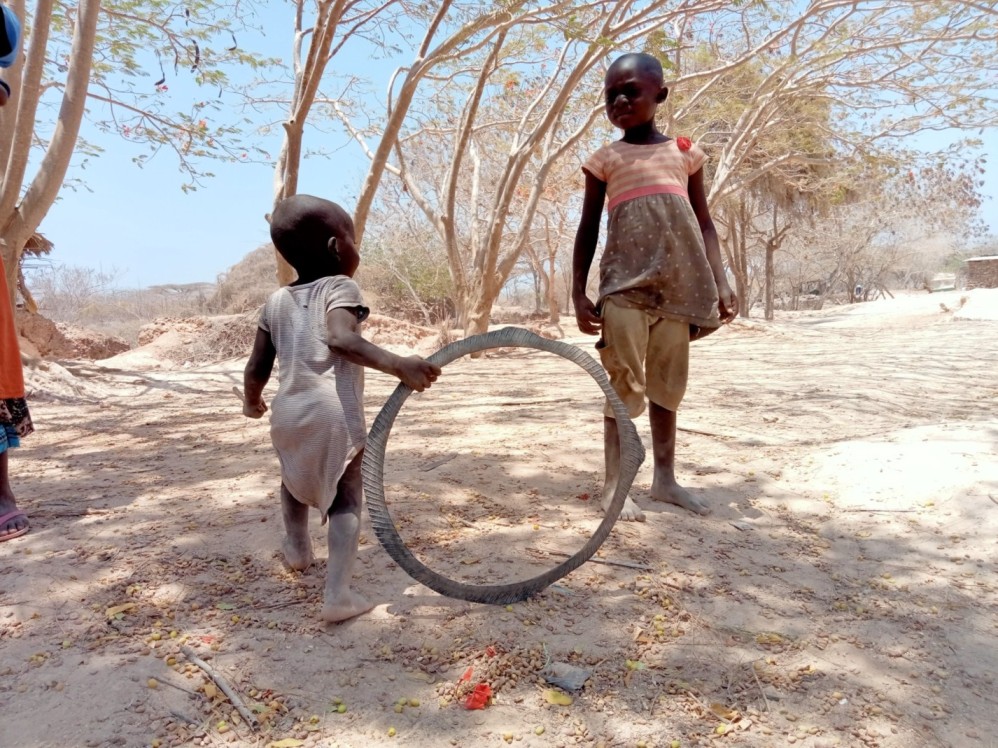 Children playing inside Boni Forest. (Photo: Farhiya Hussein)
Children playing inside Boni Forest. (Photo: Farhiya Hussein)Children playing inside Boni Forest. (Photo: Farhiya Hussein)
Sharuti Ali, a Pandanguo elder, stated that the construction of the road will shorten the time it takes for locals to access hospital services in Witu.
“Poor transport infrastructure prevents many women in Pandanguo from utilising the Witu healthcare,” said Sharuti.
During his speech shortly after his swearing-in ceremony in 2022, Lamu Governor Issa Timamy said his administration would not be satisfied until health care in the county is as affordable and accessible to all.
Timamy said he would ensure that all Lamu hospitals are well equipped with basic treatment facilities and properly staffed in order to deliver better medical care for his people.
“We do not want to hear that a mother has died due to birth complications or a child has died for any treatable ailments anymore,” said Timamy.
Top Stories Today
